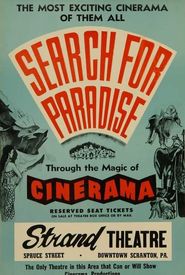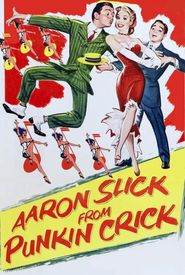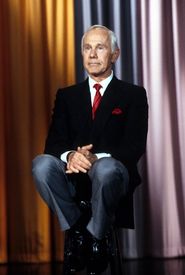Robert Merrill, a renowned baritone, was born Moishe Miller on June 4, 1917, to Polish émigrés Abraham and Lillian Miller, who changed their last name upon arriving in the United States.

Robert Merrill
Deceased · Born: Jun 4, 1917 · Died: Oct 23, 2004























